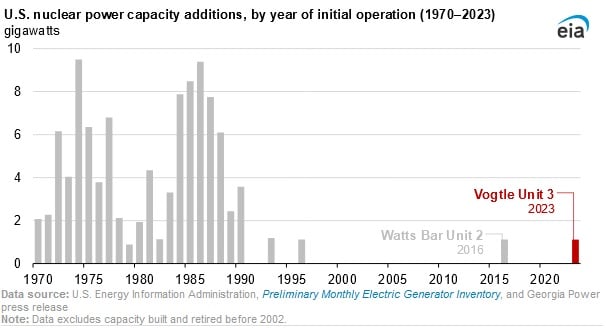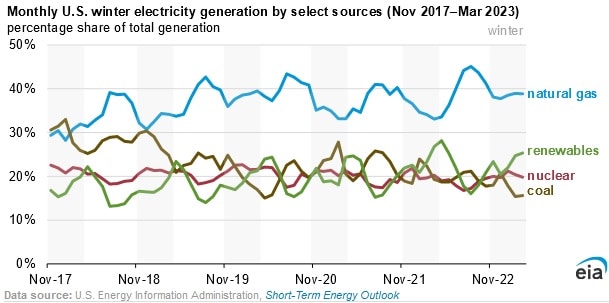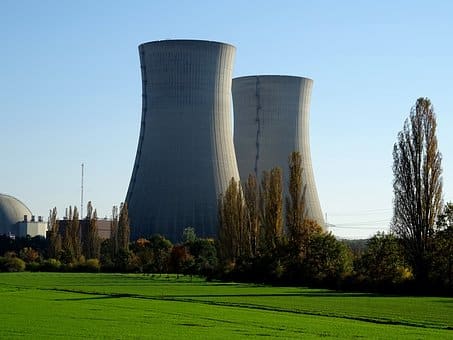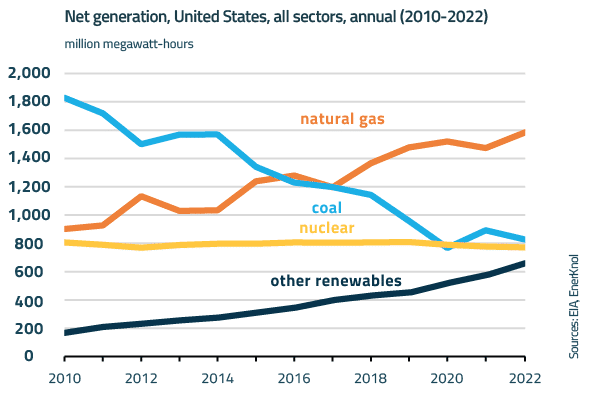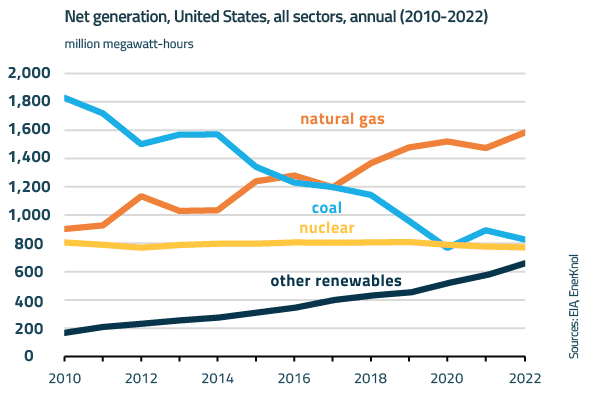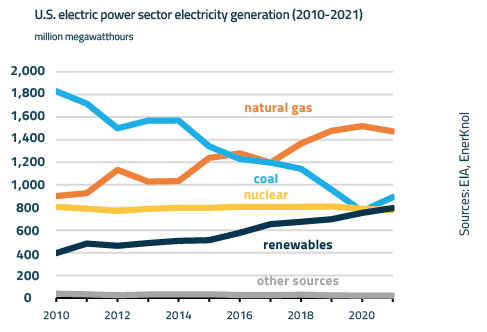First New Nuclear Reactor in Seven Years Begins Operations at Georgia’s Plant Vogtle: EIA
A new 1,114-megawatt reactor at Georgia’s Vogtle nuclear power plant has begun commercial operation, joining two existing reactors at the plant, which is jointly owned by Georgia Power and three other utility companies. This is the first new reactor to start up in the U.S. since the Tennessee Valley Authority’s Watts Bar 2 was commissioned…...
